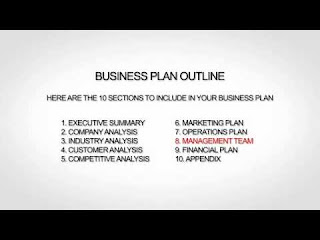How to Get the Most Out of a Sample Business Plan

By Sabrina Parsons From Bplans The basic idea of a sample business plan makes perfect sense. If you haven’t done a business plan before, a sample plan gives you an instant idea of what you should include, how to structure it, and even what to write. A sample business plan gives you an idea of how another small business or startup in your industry built their own plan. A good business plan example will have all the elements your bank or angel investor (or venture capitalist) will expect to see when you ask them for funds. The most important thing to remember when looking at sample business plans is that they’re samples (that’s why we call them that). They’re not pre-written plans that you can pick up and use right out of the box for your business. And anyone who tries to tell you that you can is wrong—or is trying to make a buck off of you.


